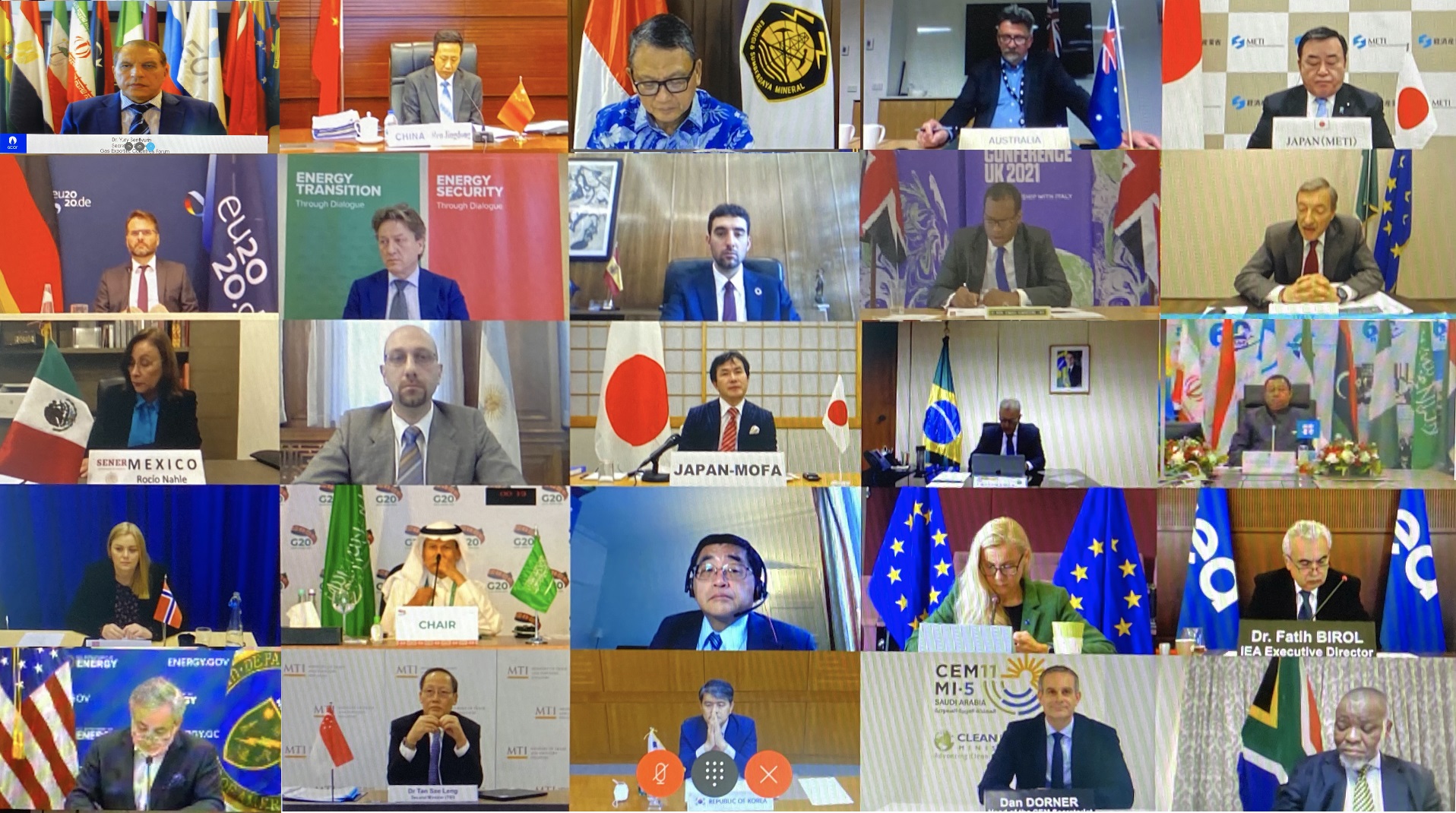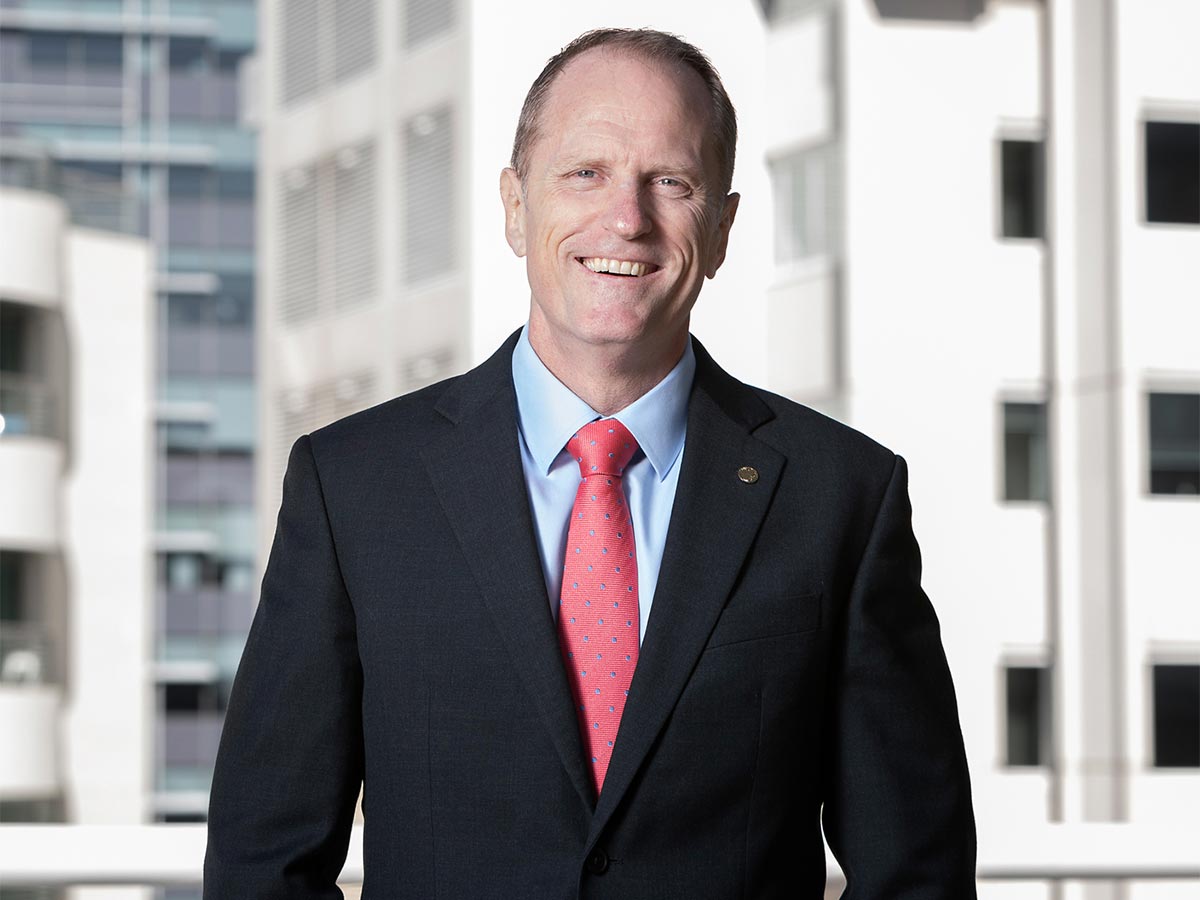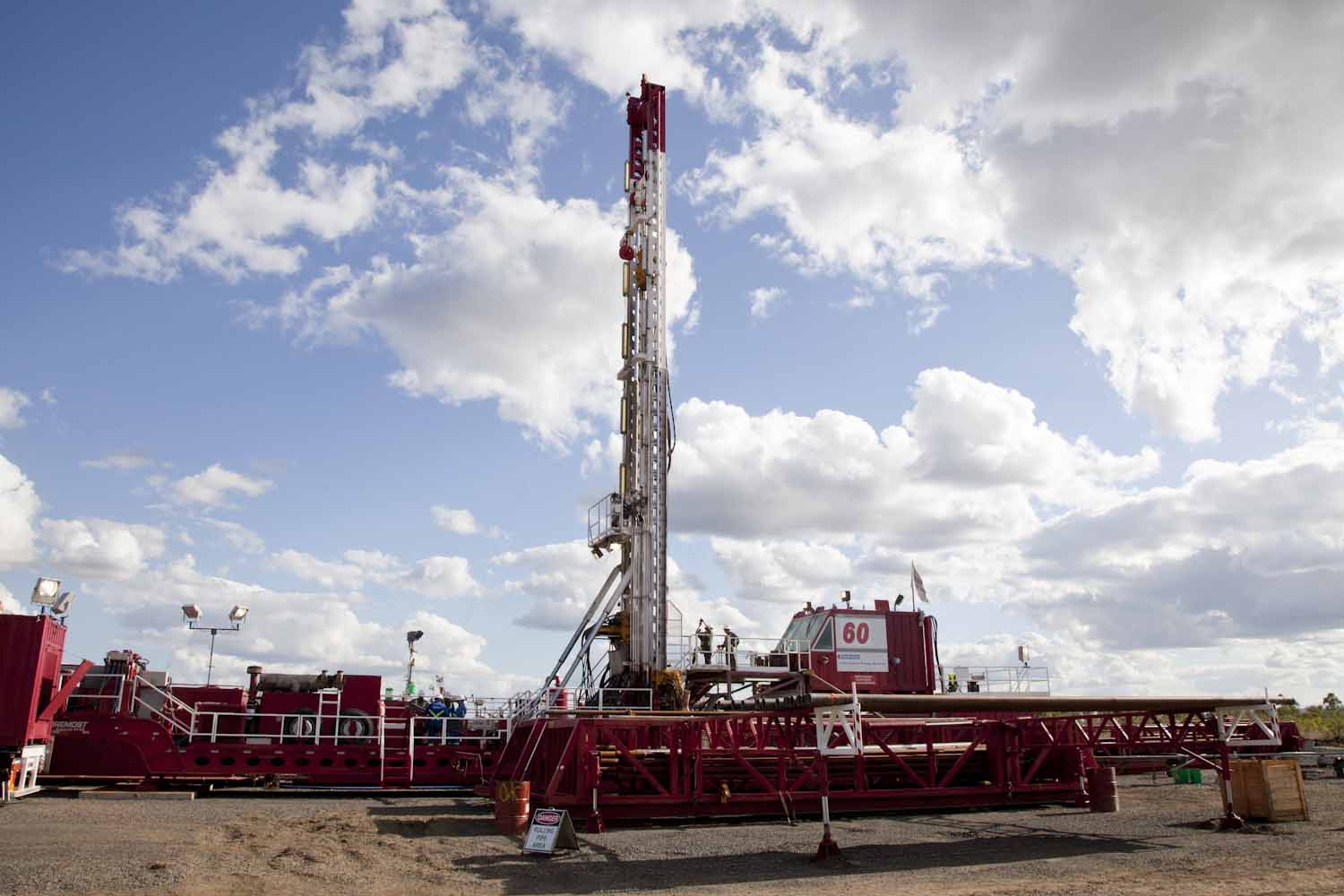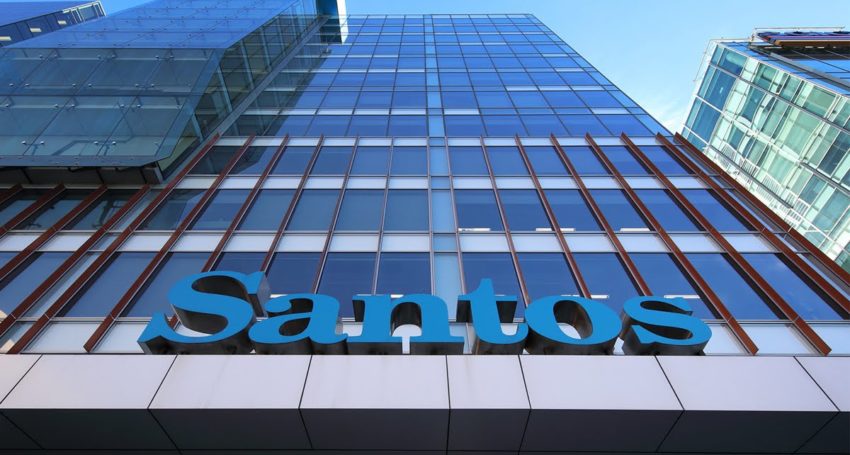HE Yury Sentyurin, Secretary General of the Gas Exporting Countries Forum (GECF) participated in the G20 Energy Ministerial Meeting and reaffirmed its commitment to greater international cooperation in ensuring the resilience of energy systems and affordable and secure energy for all.
In a media release, the GECF said the two-day deliberations had acknowledged the impact of the Covid-19 pandemic on energy markets and paved the ways for the sector’s recovery efforts. The meeting assumed vital importance against the backdrop of a global pandemic and was devoted to energy market stability amidst low oil and gas prices and lacklustre demand.
The final communiqué crystallised the resolve of the G20 countries to utilise the widest variety of technologies and fuels to ensure a stable and uninterrupted supply of energy for economic growth.
It noted that fundamental to enhanced energy security was “the role of open, flexible, transparent, competitive, stable and reliable energy markets, as well as stable, predictable, necessary, fair, and non-discriminatory, regulatory frameworks in promoting market stability and investments”.
The communique also acknowledged the crucial role of cleaner and more sustainable energy systems.
“These steps are largely in line with the previous G20 announcements, including the 2020 Statement of the G20 Extraordinary Energy Ministers Meeting, 2019 Communiqué of G20 Ministerial Meeting on Energy Transitions and Global Environment for Sustainable Growth in Japan and the 2018 Communiqué in Argentina,” CECF said.
Collaboration call
GECF, a coalition of 20 of the major natural gas exporting countries, but not including Australia, affirmed need to call on the group of 20 major industrialised and emerging economies, many of whom are consumers of the GECF commodity, to renew their faith in cooperation and multilateralism to bring about prosperity for all.
“In challenging times, the GECF is determined to strengthen cooperation with G20 and underpin global energy security as a reliable supplier of natural gas to meet the growing energy demand globally.
“The Forum fully supports G20 commitments towards clean and environmentally friendly energy sources, to promote economic development with a smaller carbon footprint. We are confident that the issues of both environmental protection and climate change should remain at the focus of joint efforts.”
The GECF said it supported policy developments being undertaken by Energy Sustainability Working Group Meeting (ESWG) in 2020 under the Presidency of Saudi Arabia Presidency, on the circular carbon economy, a closed-loop system aimed at establishing a balance of the carbon cycle.
We see this framework as a primary initiative on reducing, reusing and removing greenhouse gases. This initiative is an excellent example of technology exchange and international cooperation, for the benefit of energy security and access for the whole global economy.
“The Forum joins a growing international consensus that the clean methane sourced of hydrogen based on CCUS technologies will play a significant role in the world’s transition to a sustainable energy future. The GECF also believes that natural gas will continue to contribute to G20’s clean cooking programme.”
Among all the hydrocarbon resources in the world, GECF highlighted that, only natural gas is expected to increase its share in the global energy mix from 23% currently to 28% in 2050 due to its clean attributes, which are fundamental to achieving the UN Sustainable Development Goals as well as the Paris Agreement. Natural gas also boasts the potential to expand its access significantly over the coming decades due to its abundance and flexibility, and is widely seen as the fuel to steward the transition to lower-emission energy systems.
The GECF has been participating in the G20 events for years and its 2o members are: Algeria, Bolivia, Egypt, Equatorial Guinea, Iran, Libya, Nigeria, Qatar, Russia, Trinidad and Tobago, Venezuela, Angola, Azerbaijan, Iraq, Kazakhstan, Malaysia, Norway, Oman, Peru, and the United Arab Emirates.
In total, the GECF which controls 72% of the proven gas reserves, 46% of its marketed production, 55% of pipeline and 61% of LNG exports across the globe. It is headquartered in Doha, Qatar.





